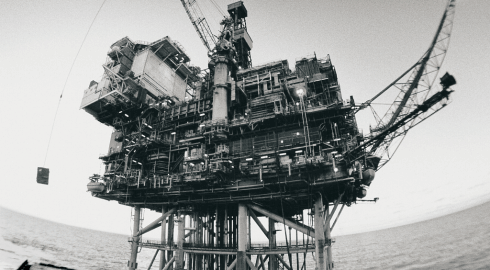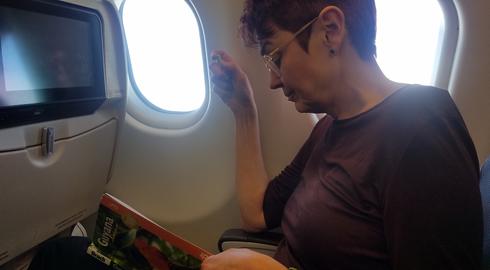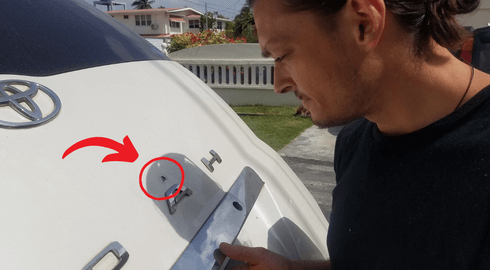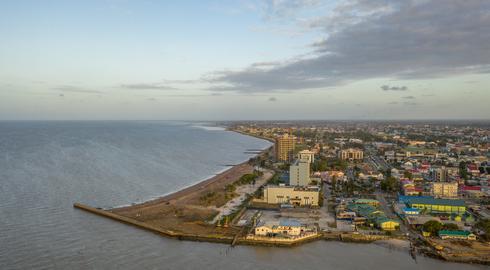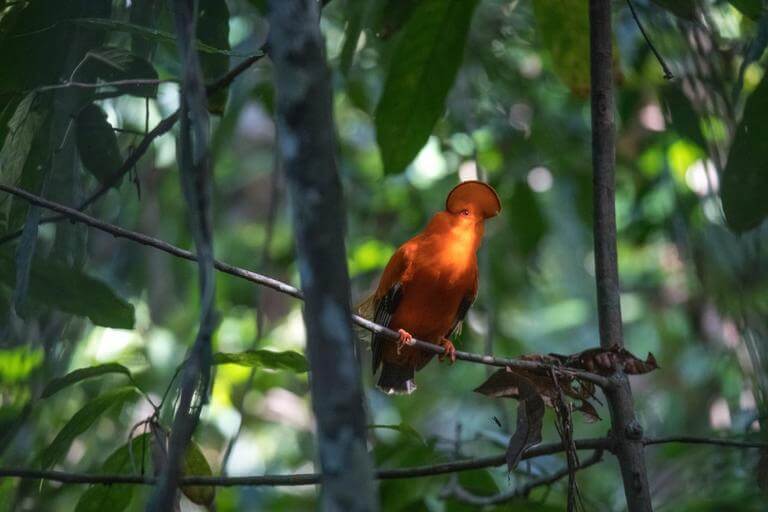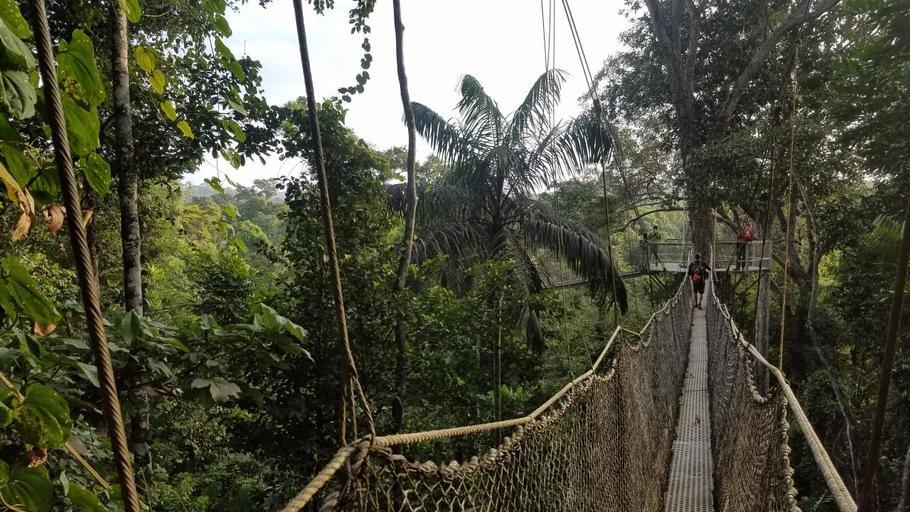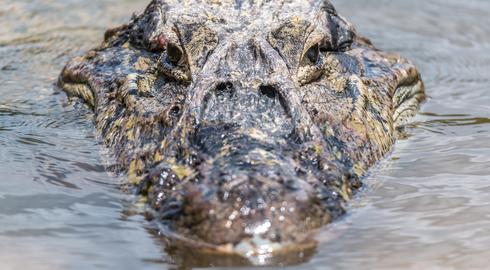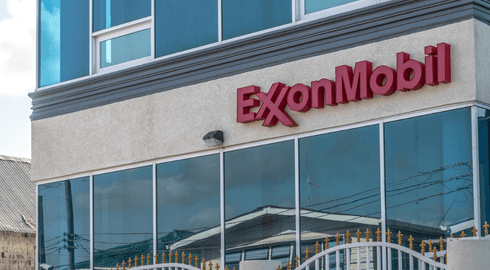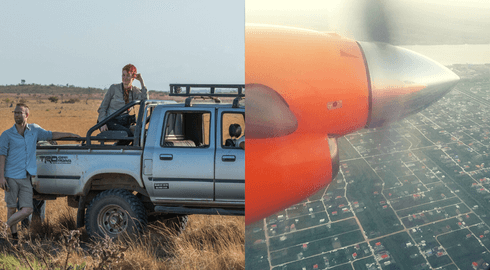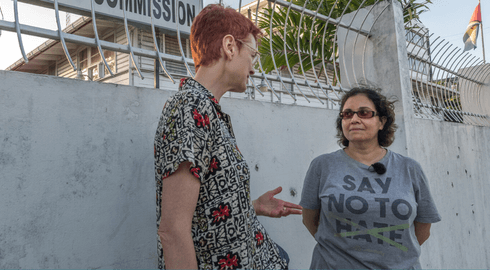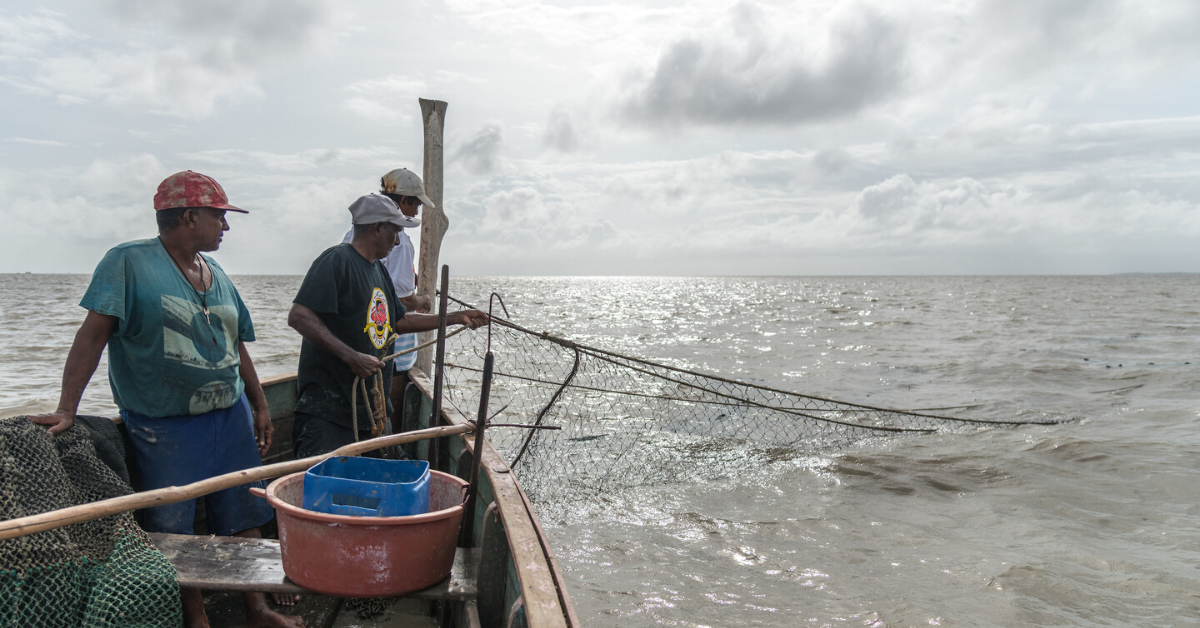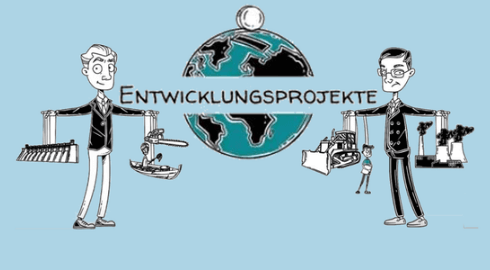>>>Campaign-Update December 2020<<<
13.6 billion barrels of oil and 32 trillion cubic feet of natural gas are located in the seabed off the coast of Guyana. Even if only half the oil and gas reserves were burnt, the resulting emission could exceed 1 billion tons of CO2. What can be found there in the Atlantic near this small South American country’s coast mounts up to an outright CO2 bomb. The oil companies ExxonMobil, Hess and CNOOC are already in the process of developing the gigantic oilfield.
When urgewald discovered in 2019 that the World Bank was providing Guyana with a consulting volume of US$ 55 million assistance for facilitating oil development, it was clear that this should be a signal to start a campaign stopping oil production. In Paris, the World Bank had signed a commitment to comply with the climate target of 1, 5 degrees warming, however in Guyana the bank assists in the harzadous deep sea oil and gas extraction. The oil project would turn the current carbon sink Guyana – a country that is almost 80% covered by pristine rain forest – into the all-time largest issuer of CO2 per capita.
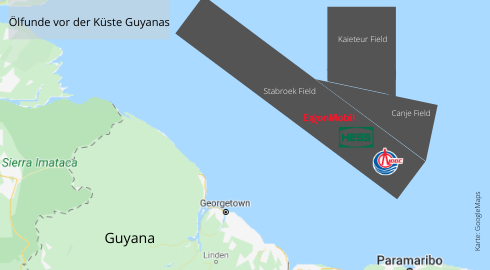
So, in March 2020, I travelled with Denis Schimmelpfennig from the Media Team and photographer Tom Vierus to Guyana. Our goal was to collect facts about the country and the oil project, as well as establishing contacts to provide the project with the necessary clout. Our small team arrived in Guyana at a difficult political time, presidential elections having just been held. The announcement of results is still being delayed by the (presumably) deselected governmental party and there are protests and travel warnings. Generally speaking, corruption is a big problem in Guyana, as is the high crime rate.
Photos: Tom Vierus, Denis Schimmelpfenning, Ute Koczy

